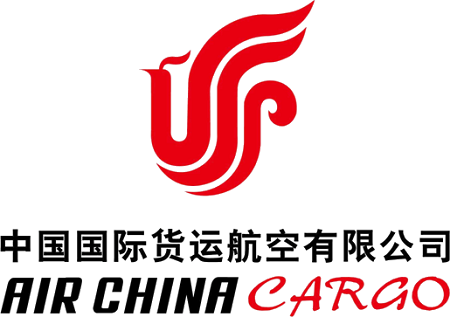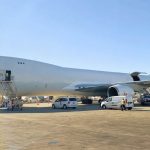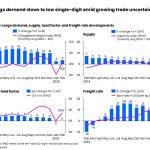Air China Cargo witnesses cargo decline
Air China Cargo saw yields decline in the first half of the year as the slowdown in the global economy and sluggish trade volumes took their toll.
The Beijing-headquartered airline saw first-half cargo yields, excluding fuel surcharges, decline by 10.2% year on year to RMB1.04 per revenue freight tonne km (RFTK).
“In the first half of 2016, due to the slowdown of the global economy and sluggish trade, air cargo prices experienced a continuous drop,” the airline said.
However, Air China said its cargo division had taken measure to try and improve the situation.
“The company has strengthened the combined passenger and cargo services, established a passenger and cargo coordination network hub, promoted the sales of its cargo transition business and actively improved revenue increases in bellyhold space services.
“The company has strengthened marketing management, focused on marketing upgraded products, and officially launched its line of new products.
“At the same time, the company has accelerated the integration of logistics resources and the cargo terminal business to further advance the optimisation of its cargo business model.”
In February, it was revealed the airline would launch a cool chain product.
The airline’s cargo terminal business consists of a 62,000sq m international and 23,000sq m domestic cargo warehouse, while its logistics activities include a trucking operation.
While yields declined during the first half of the year, demand and capacity increased.
The airline saw traffic increase by 5% year on year to 3.3bn RFTK while capacity was up 8.1% to 6.3bn available freight tonne km.
As a result of capacity increasing ahead of demand, Air China Cargo’s load factor slipped 1.5 percentage points to 52.9%.
The airline also added two Boeing 777Fs to its fleet compared with a year earlier.
It now operates three B747Fs, four B757Fs and eight B777Fs.
In 2015, Air China Cargo was one of the fastest growing airlines in the world.
The overall airline saw first-half revenues increase by 4% year on year to RMB54bn, while profits attributable to shareholders dipped 17.5% to RMB3.5bn.
It blamed the decline in profits on fluctuations in exchange rates.














